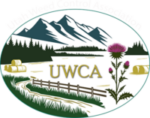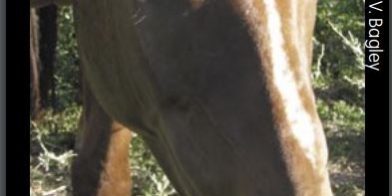Poison plants can be found in almost all plant communities. Like most other species of livestock, Equine/Horses will not usually choose to consume weeds or poisonous plants when quality forages are available. They do have discriminating tastes and exhibit a preference for quality legumes and/or grasses over less desirable poisonous plants. However, horses deprived of green vegetation when confined to stalls and fed dry hay or horses restricted to marginal pastures may sample a large number of green plants and accidentally or intentionally ingest poisonous plants into their system when allowed to graze. If large enough amounts of toxic plants are ingested, serious health problems and even death can result.
In most cases, horses consume poison plants only when their pasture is overgrazed, and quality forage is not available. This is because most poison plants are less palatable than quality forages. It is also possible for poisonous plants to be harvested and introduced to the horse simply as a matter of consuming its regular feeding of cured hay. Another scenario may arise when lawn clippings are fed to horses (never a good idea anyway). A surprising number of ornamental trees and shrubs that are used for landscaping are toxic to horses. Green lawn clippings, often contaminated with cuttings from ornamental plants, are very tempting to horses, especially those who have been on dry or limited feed. Horses can easily ingest toxic poisonous plants as they anxiously gulp down green grass clippings. Horse owners should talk to kind and helpful neighbors and ask them not to feed any clippings to horses because of the risks involved.
Publication by Clark Israelsen, Scott McKendreck, and Clell Bagley, Extension.
Contact Clark Israelsen
435-752-6263


